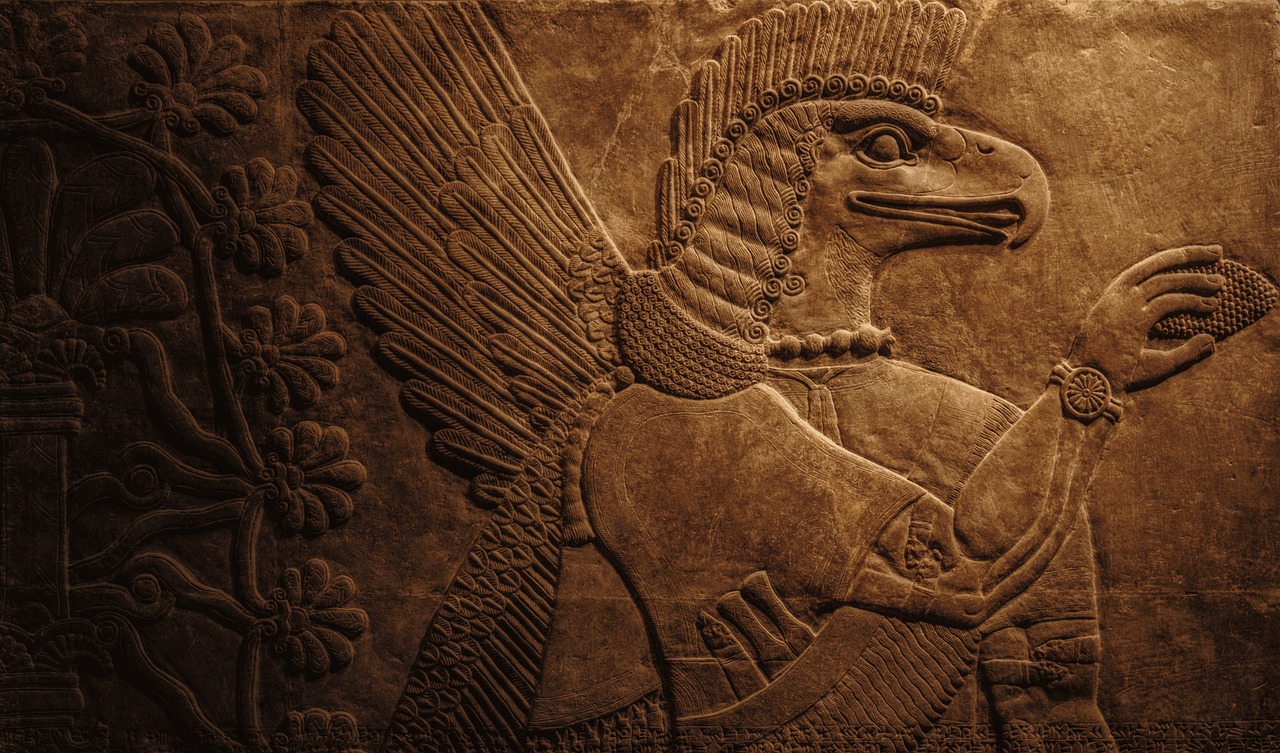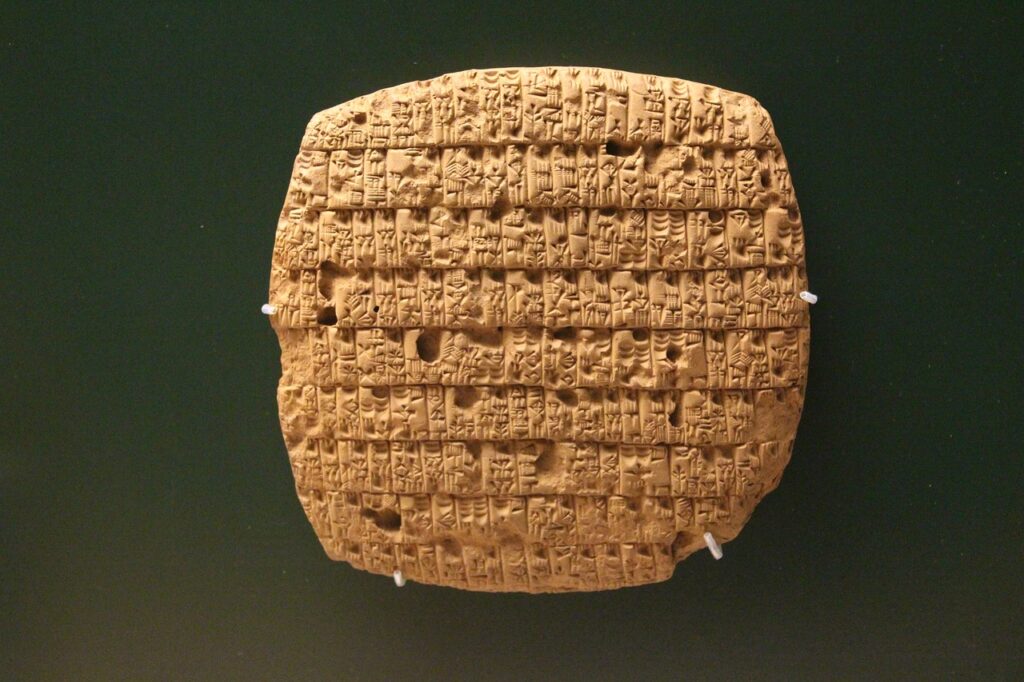
Ancient Mesopotamia: Cradle of Civilization
Ancient Mesopotamia, located in the region that is now Iraq, was the birthplace of civilization. This area, which lies between the Tigris and Euphrates rivers, was home to some of the world’s earliest and most advanced societies. From the Sumerians to the Babylonians, the people of ancient Mesopotamia left a lasting impact on human history. Here are some of the key achievements and innovations of this ancient civilization.
Writing

The invention of writing is one of the most important achievements of ancient Mesopotamia. The Sumerians, who lived in the region around 3000 BCE, developed the first system of writing, known as cuneiform. This writing system used wedge-shaped marks to represent words and symbols, and it allowed the Sumerians to record their laws, customs, and history.
Law and Government
Ancient Mesopotamia was home to some of the world’s earliest law codes. The Code of Hammurabi, created by the Babylonian king Hammurabi around 1754 BCE, is one of the most famous. This law code contained 282 laws that governed everything from marriage and divorce to theft and murder. The ancient Mesopotamians also developed complex systems of government, with kings and bureaucrats overseeing the administration of their societies.
Architecture and Engineering
The ancient Mesopotamians were skilled architects and engineers. They built massive structures, including ziggurats and temples, that stood the test of time. They also developed irrigation systems that allowed them to cultivate crops in the fertile land between the rivers. The Hanging Gardens of Babylon, one of the Seven Wonders of the Ancient World, was a feat of engineering that showcased the skill of the Babylonians.
Mathematics and Astronomy
The ancient Mesopotamians made significant contributions to mathematics and astronomy. They developed a number system based on the number 60, which we still use today to measure time and angles. They also made observations of the stars and planets, and their knowledge of astronomy was used to create calendars and predict celestial events.
Conclusion
Ancient Mesopotamia was a cradle of civilization, and its achievements and innovations continue to influence our world today. From the invention of writing to the development of complex law codes and engineering feats, the people of ancient Mesopotamia left an indelible mark on human history. Their legacy serves as a reminder of the power of human ingenuity and the enduring impact of ancient civilizations.

